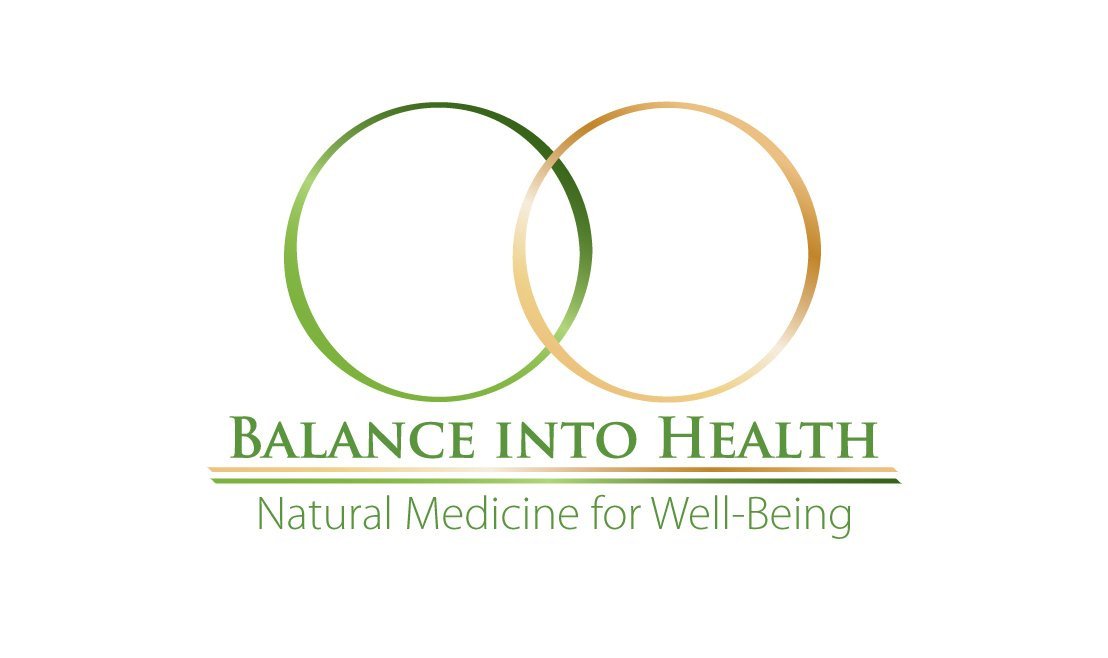7 Mediterranean Diet Breakfasts To Help Reduce Inflammation
There are many reasons the Mediterranean diet consistently ranks among the top diets to follow. Research has shown that following the diet can lower the risk of heart attacks, strokes, and heart failure, and it might even prolong your life. Because it’s more of a way of living as opposed to a strict set of calorie and carb requirements, it’s much easier to follow when compared to limited diets and meal plans. Instead of saying no to things like gluten or dairy, you’re saying yes to more fish, fruits, veggies, beans, eggs, lentils, olive oils and whole-grains. In this article we discuss all the many benefits of the Mediterranean diet breakfast together with some recommended recipes to start your day out right.
What is the Mediterranean diet?
Unlike other diets, which can focus on eliminating foods and food categories or require counting calories and macros, this eating plan is really more of a lifestyle. Although we tend to talk about it as a special diet, it’s basically well-balanced, healthy eating where all the foods groups fit.
In the Mediterranean diet, certain foods are emphasized and others are limited (but not cut out entirely). Fruits and veggies, legumes, nuts and seeds, seafood, whole grains, olive oil, low-fat dairy, poultry, and eggs are the staples of the diet. Other foods, including refined grains and oils, red meat, processed foods, and foods with added sugar are avoided.
By loading up on the "good" foods, you’re setting yourself up to get tons of nutrients with every meal. The Mediterranean diet is rich in omega-3 fatty acids, antioxidants, fiber, and monounsaturated fats. These nutrients may play important roles in reducing the risk of heart disease and certain cancers, and these are amonst the biggest benefits of the diet.
Practical Tips For Breakfast On The Mediterranean Diet
Starting the day with a breakfast that perfectly complements your Mediterranean diet can be a refreshing experience, but the thought of what to make can be overwhelming. Don’t worry, as there are plenty of delicious breakfast ideas that won’t weigh you down and will provide the nutrition you need to start your day off right.
From avocado toast with hummus and roasted red peppers to Greek yogurt with fresh berries and a drizzle of extra virgin olive oil, the options are endless. The key is to incorporate plenty of fresh fruits and vegetables while making sure to add in healthy fats like the extra virgin olive oil that the Mediterranean Diet is best known for.
Whole Grain English Muffin
One easy Mediterranean diet breakfast option is an English muffin piled high with hearty toppings like adding a handful of potassium-packed spinach and a poached egg. Any bean dip will do here: hummus, black-bean dip, white-bean dip. It will pull the sandwich together into a cohesive meal. With a little salty and tangy flavor along with its nutritional punch, it’s a great stand-in for cheese, which should be used only sparingly. Poaching the egg can help you avoid unnecessary calories.
Greek Yogurt With Berries
Greek yogurt is strained in a way that makes it higher in protein than regular yogurt. Yogurt is also rich in probiotics, which are good bacteria necessary for many bodily functions. If you want a bit of sweetness, you can add a light drizzle of honey. And, for an extra crunch, try adding ground flaxseed. It’s rich in omega-3 polyunsaturated fatty acids, which are important for fighting inflammation in the body.
Almonds For Mediterranean Diet Breakfast
Almonds are a popular snack and ingredient in Mediterranean diet meals from breakfast through to dinner. Almonds offer a filling and energizing combination of protein, fiber, and healthy fats to help you feel satisfied.
Eggs The Ultimate Mediterranean Diet Breakfast Staple
Incorporate protein-heavy eggs into your Mediterranean diet breakfast by topping smoked-salmon toast with a poached egg or by scrambling them with feta cheese and tomatoes. Another tip for the Mediterranean diet breakfast – eat the yolks. Egg yolks contain fat which helps you stay satisfied longer. Egg yolks are also rich in choline, a nutrient that is needed for brain health and helps transport nutrients around your body.
Avocados Have Healthy Fat
Although they’re not native to the Mediterranean region, avocados do offer monounsaturated fat, which is the same type found in olive oil. These fats offer potential heart-health benefits and can help with satiety. Avocados are a good source of fiber. Fiber also helps you stay full and helps keep your blood sugar levels more stable, which is crucial to stabilizing weight, mood, and energy levels.
Hummus Is A Source Of Healthy Fats
Combining whole grains with tasty plant-based protein makes for a filling and healthy meal that’ll help get you to lunch. Hummus is a source of healthy fats, which will help you feel satisfied longer.
Toast With Almond Butter And Banana Slices
This simple, no-cook meal can be cobbled together in moments and eaten on the go. With whole-grain bread, you’ll be eating more fiber and vitamins than in white bread, and that will help you stave off those mid-morning munchies. Almond butter offers those great, healthy fats with its protein, and the banana will add some sweetness, more fiber, and potassium.
For Further Reading
• Mediterranean Diet Breakfasts for Beginners, an article by eatingWell.com, can be found at: https://www.eatingwell.com/gallery/7887606/mediterranean-diet-breakfast-recipes-for-beginners/
• Prevention.com has published the article, "The 22 Best Mediterranean Diet Breakfast Recipes to Keep You Full All Morning" to be found at: https://www.prevention.com/food-nutrition/recipes/g34993462/mediterranean-diet-breakfast-recipes/
• A guide and food list for those first starting out on the Mediterranean Diet, "The Best 7-Day Mediterranean Diet Meal Plan for Beginners", published by Good Housekeeping Magazine is at: https://www.goodhousekeeping.com/food-recipes/healthy/g4357/mediterranean-diet-meal-plan/?gad_source=1
